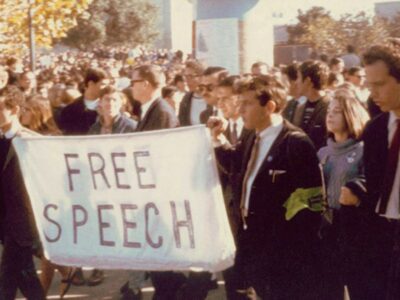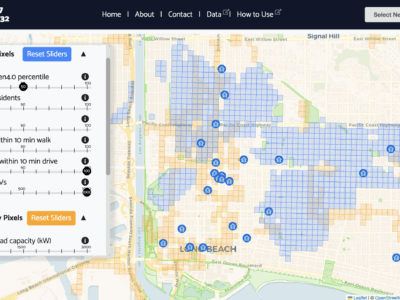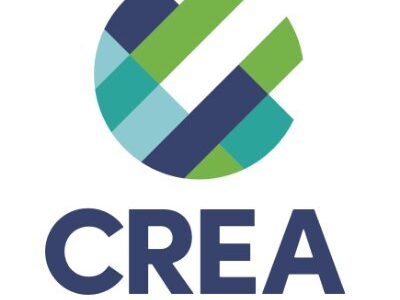When Paid Consultants Attack
In today’s Sacramento Bee, Andrew Chang has some tough things to say about California’s AB32 and about Bo Cutter and myself. He omits some details that are worth mentioning. First, some background. Last week, Bo Cutter and I published this OP-Ed in the Sac Bee. Chang’s response was published today.
Point #1: We were not paid to write our OP-ED and we collect no payments at all from the Air Resources Board. I do serve on its Research Screening Committee and I am paid $400 a year for the work (roughly 20 hours a year).
Point #2: Dr. Chang does not reveal how much his firm was paid for their “study” but I guess his firm was paid around $100,000. He has the right incentives to push his case that AB32 will end the world.
Point #3: Dr. Chang refers to us by name but doesn’t mention that we are academic economists. The words “UCLA” and “Pomona College” do not appear in his piece. Are all economists’ opinions about economic issues weighted equally by the public? Do we all have equal expertise about topics? You know my answer to that question. Here is one ranking of economists and I don’t see Andrew Chang listed here.
Point #4 Here is a direct quote:
“The California Air Resources Board acknowledges AB 32 will result in a net loss of up to $35 billion in gross state product, while researchers at Andrew Chang and Co. found that California will lose $153 billion, even under optimistic conditions.”
So, in a state with 40 million people, he is predicting that every man, woman and child will lose roughly $4,000 each from this regulation? I would like to hear a simple story for how this can happen? The typical household spends roughly $1,600 a year on gasoline and $1,000 a year on electricity. Under what scenarios, do these costs more than double under AB32? I am an open minded scholar. Can he tell a simple story about how this well meaning regulation translates into price gouging?
Here is another quote:
“Despite Cutter and Kahn’s claims that AB 32 is all benefits, it is irrefutable that AB 32 will impose costs on California. As noted by our study, ARB’s current AB 32 programs, including cap and trade, will cost the average California family $2,500 per year and destroy 260,000 jobs.”
This quote is not correlated with what we actually said in our piece;
“The assumptions underlying the homemade (Chang) model used to generate the report commissioned by CMTA seem to us to be intentionally pessimistic about the market’s ability to innovate. It’s reminiscent of a recent report funded by the oil industry that similarly low-balled the benefits and hyped the costs of AB 32, based on the assumption that technological growth won’t happen.
AB 32’s opponents tend to ignore the well-established evidence that market incentives drive innovation and attract investment. Thanks to California entrepreneurs the state’s economy – if it were a nation – ranks ninth in the world behind Italy and ahead of Russia, according to the Los Angeles County Economic Development Corp. AB 32’s design will let California’s most innovative, best-managed firms reap benefits from clean tech investment. Perhaps the dirty energy firms behind the CMTA study are simply afraid to compete?
We recognize that there are uncertainties, but the long-term financial benefits will most certainly exceed the short-run implementation costs. We are optimistic that California’s households and firms will step up as the “rules of the game” change.”
I agree with Dr. Chang that regulation never a free lunch. Where we disagree is about what is the engine of growth of the California economy and I am much more optimistic than he is about our state’s ability to adapt to changing market and economic incentives. He wants to protect the polluting firms and I want to nudge them to take a second look at their production and transport processes. A gradual but credible introduction of cap and trade will achieve my goals. As the “rules of the game change”, for profit firms have shown an amazing ability to adapt.
What are his goals? He appears to want to keep his clients happy. Who are my “clients”? The children of California!
AB32 does introduce several uncertainties. How much will electricity prices rise by? How many firms are so reliant on electricity that this extra cost could drive them to leave the state to find cheaper electricity? ARB needs to sponsor more academic economic research to answer these questions. Will this lead to more “pro-AB32” consulting? Not if peer review is used throughout the process. The truth can be ascertained through competition!







Reader Comments